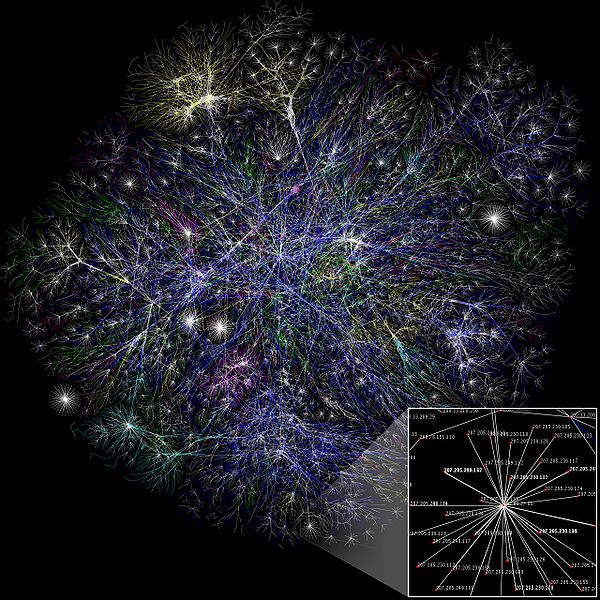McAdams On: Network Neutrality
FCC Chairman Julius Genachowski’s approach to developing a nationwide broadband plan is a hot potato. He’s proposing network neutrality rules to prevent Internet Service Providers from imposing content discrimination or bandwidth chokepoints.
The concept evolved out of peer-to-peer technologies that obliterated established content business models. Proponents consider network neutrality crucial to the continued unbridled development of new technologies. Opponents say some sort of traffic control is necessary to keep the tubes open, otherwise the biggest data users--folks watching movies and TV shows, for a simplified example--will slow down the system for everyone else.
Such a traffic jam occurred July 16, when 17-year-old Zac Sunderland sailed into Marina del Rey, Calif., becoming the youngest individual to sail around the world solo. News organizations of every stripe were in the Marina, clearly logging on. Data-dense Web sites suddenly became unavailable in the surrounding area. There was no accessing CNN, The New York Times, The Washington Post or any of the major information portals. Less data-heavy sites loaded. The example is anecdotal, but when Sunderland broke out for a shower and some lunch, Internet access returned to normal.
The notion of keeping the Internet as open as possible to everyone imaginable is appealing. The most innovative structures on it were coded out in college dorm rooms and the like--by folks without the simoleons to pay for an elite level of service. Some serious commerce grew out of ideas like eBay and Facebook. It would be a shame to kill the dynamic that brought them into being.
On the other hand, those cyber empires were built on a private-sector infrastructure. There would be no Internet without the phone or cable companies. It’s not often one finds oneself defending telcos and cable companies, two of the most influential industries in Washington, D.C., but in this case, their interests speak to legal precedent about how much the government can regulate the operations of private enterprise.
Frankly, I’m uncomfortable with it. Network neutrality may appear to assure the preservation of Web-related innovation, but what motivation does it leave service providers with to fiber up those last miles?
In this case, competition seems the obvious answer. The fed has already endorsed a nationwide broadband plan and opened to the TV spectrum to support the effort. The endgame should be choice. That may seem phantasmagorically ideal, given that pay TV competition is a joke in many areas. But you don’t have to pay for TV reception to get TV reception.
There’s free TV. Why not free broadband? Note that 80 million U.S. households continue to pay for TV even though it’s available for free. Free broadband might stack up similarly, using an ad-supported model; and posing no threat to the established carriers.
I’m sure there are better ideas; just as I’m sure there are better ideas than network neutrality, which virtually guarantees a $1 billion court battle. Nothing against lawyers, but the energy, intellect and money sure to be applied to a network neutrality fight would be better spent on more creative alternative.

Get the TV Tech Newsletter
The professional video industry's #1 source for news, trends and product and tech information. Sign up below.
